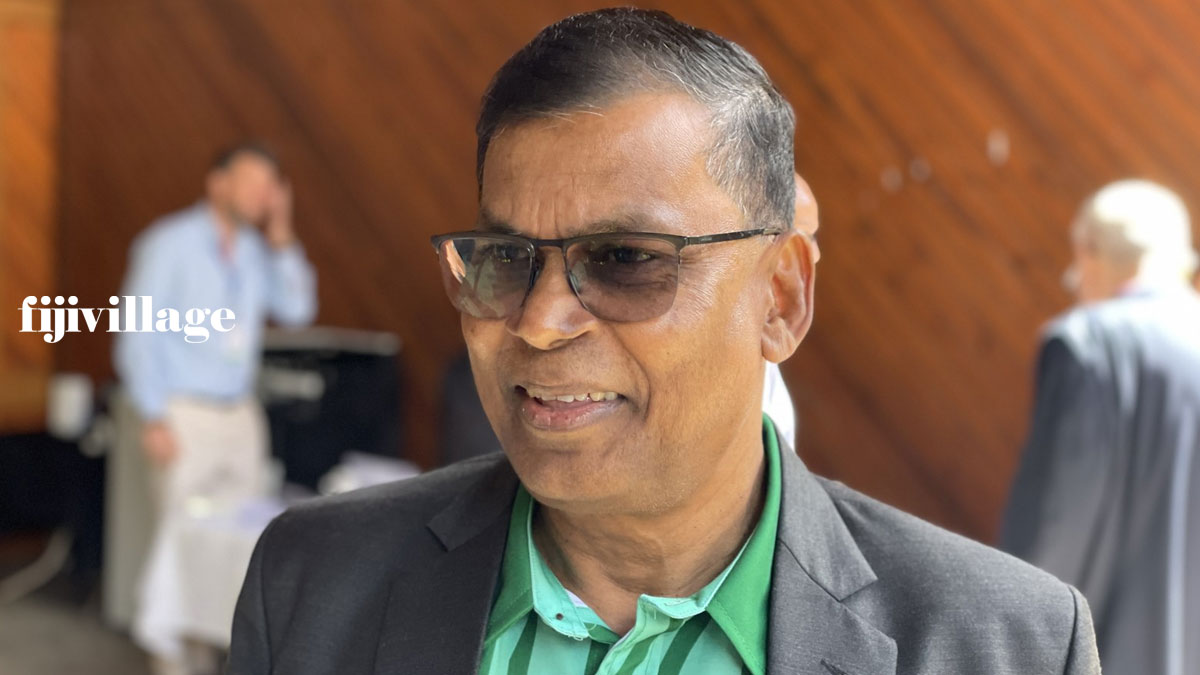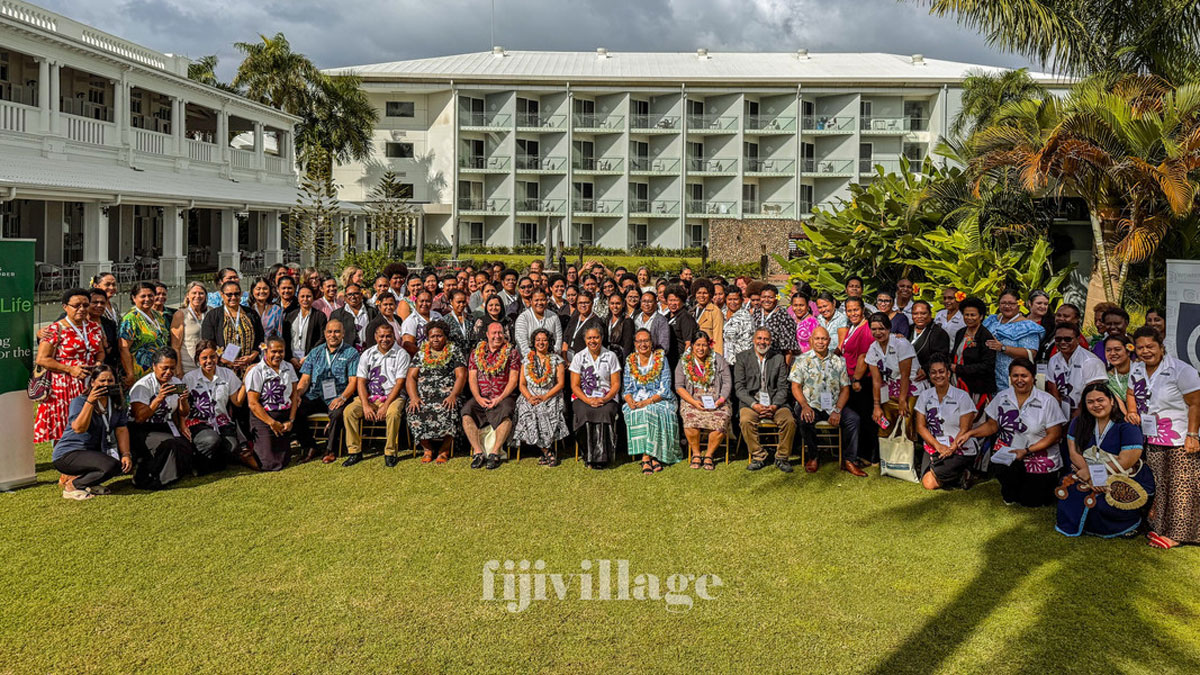
Fiji and Switzerland have the lowest interest rate of 0.25 percent.
According to the Visual Capitalist, Venezuela has the highest interest rate of 59.4 percent as the country continues to battle high inflation.
Speaking on Fiji having the lowest interest rate, Deputy Prime Minister and Minister for Finance, Professor Biman Prasad says low interest rates are good for confidence, good for investment and this is reflected in increased investment in the country.
He says as a government, they are committed to streamlining their processes to support investment in the country.
Professor Prasad adds our banks must ensure they are more liberal in supporting our small and medium enterprises in this low interest environment.
The Reserve Bank of Fiji states consumption activity remains upbeat, supported by higher incomes and inward remittances.
Net VAT collections, a partial indicator of consumption activity, rose (11.7%) in the year to March, driven by domestic (15.8%) and customs (11.1%) VAT collections.
Similarly, new consumption-related loans by commercial banks expanded (58.2%) from higher lending (63.4%) to the wholesale retail, hotels and restaurants sector.
Responses from the RBF’s February 2025 Retail Sales Survey indicate that while consumption spending is expected to remain positive, the pace of growth is projected to moderate compared to the previous survey.
The RBF says the indicators of investment are signalling generally positive performances, but the prevailing high-cost environment continues to weigh on investment activity.
Commercial banks’ new loans for investment purposes increased cumulative to March (12.2%), with the credit momentum in the building and construction sector (39.1%), and for households' second-home purchases (79.7%).
Domestic cement sales also rose (8.6%) in the same period, supported by sustained market demand.
However, building material prices remain elevated and rose by 3.8 percent annually in the first quarter of 2025, compared to the decline in the same quarter of 2024.
The February 2025 Business Expectations Survey results show increased business intention to invest in plant and machinery in the medium term compared to the last survey.
The Reserve Bank says in contrast, short-term investment plans in buildings over the next 12 months have declined and now sit below prior survey levels.
In terms of the overall business sentiments, the RBF’s February 2025 BES results indicated that although lower than the previous survey, on net, businesses generally remain optimistic about future business conditions.
Supportive financial conditions drove credit activity in March, with broad money expanding by 6.9 percent, led by an increase in private sector credit (11.0%) to business entities (10.0%) largely in the wholesale retail, hotels and restaurants sector (13.6%) and the real estate (11.2%) sector coupled with lending to the household sector.
Liquidity remained adequate at $1.9 billion on April 30th, keeping lending rates low (4.51%).
Stay tuned for the latest news on our radio stations

